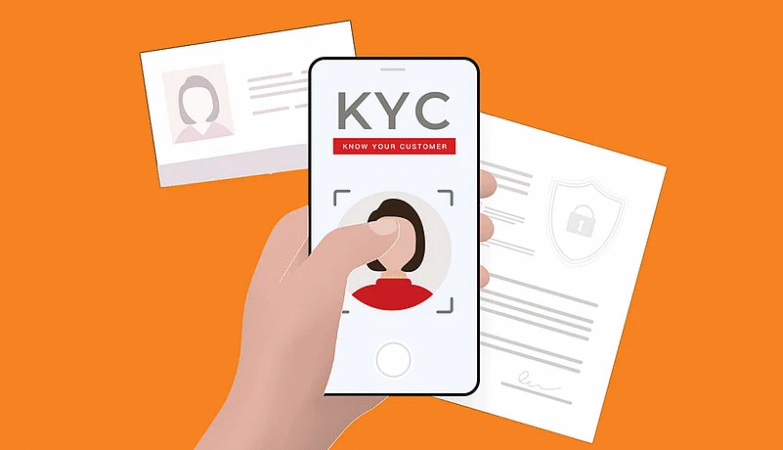In the world of managing personal finances, few aspects carry as much significance as one’s credit score. This numerical representation of your creditworthiness holds particular weight when you’re in the process of securing a home loan. Your CIBIL score, a key indicator derived from your credit history, serves as a critical determinant in lenders’ assessments.
However, the question remains: What exactly constitutes a commendable CIBIL score for eligibility in acquiring a home loan? In this article, we’ll delve into the nuances of this essential financial metric, unraveling its complexities and shedding light on its importance in the realm of home loan approvals.
What is a CIBIL Score?
Before we delve into what makes up an optimal CIBIL score for home loan approval, it’s crucial to understand what a CIBIL score entails. CIBIL, short for the Credit Information Bureau India Limited, is responsible for compiling credit records and generating credit scores based on individuals’ credit histories. Ranging from 300 to 900, this score acts as a numeric reflection of an individual’s creditworthiness.
Grasping the spectrum of CIBIL scores is vital for evaluating your financial position from a lender’s perspective. Here’s a breakdown:
300 – 549: Scores within this range are deemed poor, making it challenging for individuals to secure loans or credit cards.
550 – 649: Scores falling within this range are labeled as moderate. While individuals may have access to credit, the terms offered are often less advantageous.
650 – 749: This range indicates a good credit score. Borrowers within this bracket typically have a greater chance of loan approval at reasonable interest rates.
750 and above: Scores exceeding 750 are labeled as excellent, granting individuals access to the most favorable terms and conditions for loans and credit facilities.
Importance of a Good CIBIL Score for Home Loans
The importance of a favorable CIBIL score for home loans cannot be emphasized enough. Essentially, your CIBIL score acts as an indicator of your creditworthiness, offering lenders valuable insights into your capacity to handle debt responsibly. Here’s why a strong CIBIL score is essential in the home loan application process:
Loan Approval: Lenders rely on your CIBIL score as a key determinant in evaluating your eligibility for a home loan. A higher score suggests lower credit risk, increasing the probability of loan approval.
Interest Rates: A favorable CIBIL score can greatly influence the interest rate provided for your home loan. Lender’s view borrowers with higher scores as less risky, thus offering them more competitive interest rates. This can lead to considerable savings throughout the loan duration.
Loan Terms: Apart from interest rates, lenders might extend more advantageous loan terms, like extended repayment periods or reduced down payment requirements, to borrowers with strong CIBIL scores. This improves your capacity to handle the loan efficiently and could potentially make owning a home more affordable.
Negotiating Power: A robust CIBIL score not only increases the likelihood of loan approval but also enhances your bargaining power. With a favorable score, you gain leverage to negotiate more favorable terms with lenders, ultimately making your home loan more affordable overall.
Checking Your CIBIL Score
It’s imperative to keep a close eye on your CIBIL score to ensure you’re aware of your financial standing. Thankfully, checking your score has become incredibly convenient and straightforward. One of the simplest methods is utilizing your PAN card details to access your credit report. This can be done via the official CIBIL website or by availing the services of authorized credit information companies. By furnishing your PAN card details and any other necessary information, you can effortlessly obtain a comprehensive overview of your creditworthiness. Regular monitoring empowers you to identify any discrepancies
Improving Your CIBIL Score
If your existing CIBIL score doesn’t meet the desired range for home loan eligibility, there’s still room for improvement. Various strategies can gradually enhance your score:
- Make sure to pay off your existing loans and credit card bills punctually to improve your credit score over time.
- Keep your credit card balances low to maintain a healthy credit utilization ratio, which is vital for improving your credit score in the long run.
- Having a diverse credit portfolio comprising both secured and unsecured loans can have a positive effect on your credit score, contributing to its improvement over time.
- Minimize the frequency of credit inquiries, as excessive inquiries can indicate financial instability to lenders, potentially negatively impacting your credit score.
- Regularly monitor your credit report for any inaccuracies or discrepancies and promptly address them to ensure the accuracy of your credit profile.
Conclusion
In the domain of home loan eligibility, a strong CIBIL score is of paramount importance. While specific score preferences may vary among lenders, targeting a score of 750 or higher substantially improves your chances of securing favorable home loan terms. Consistently monitoring your CIBIL score and actively working to enhance it can significantly contribute to realizing your aspirations of homeownership.










